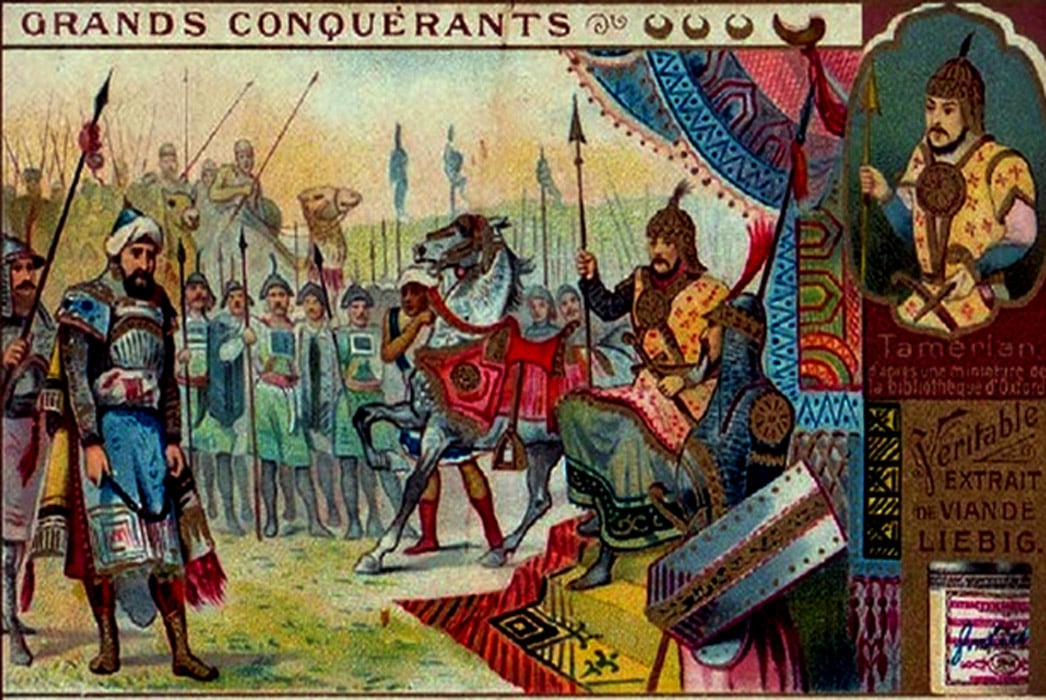
Empires Clash with Fire and War Elephants! Changing the World, and the Battle of Ankara – Part II
What happens when two great conquerors of the ancient world and their mighty forces go head to head? A successful but unpredictable Ottoman Sultan was matched against a charismatic Mongol leader of an empire – leading to the Battle of Ankara, fought on 20 July 1402. The Ottomans were led by Bayezid I, who brought his troops against the Turkic Mongols (Timurids), led by Timur, also known as Tamerlane. Two great empires, two powerful leaders, with only one outcome…
![Bust of Timur [left] (CC BY-SA 3.0), and portrait of Bayezid I [right]. (Public Domain)](https://members.ancient-origins.net/sites/default/files/Bust-of-Timur.jpg)
Bust of Timur [left] (CC BY-SA 3.0), and portrait of Bayezid I [right]. (Public Domain)
Troubles on the Eve of Battle
After Timur had rampaged throughout Russia and the Caucasus, he struck deeply into Anatolia by sacking and destroying the city of Sivas before pushing further south. One would think that Bayezid would have countered this loss for Sivas but he did nothing. Bayezid could have attempted to placate Timur, but given his nature, would he accept it? Bayezid could have taken his large army and counter-attacked Timur’s forces as they headed south. However, none of the above happened. Instead, Bayezid waited for Timur to enter his domain before reacting.
In the summer of 1402, Timur moved his armies west to Sivas. This caused Bayezid to stir. Bayezid called off the siege against Constantinople and headed southeast to fortress of Angora, in central Anatolia.
Timur is said to have prayed all night. When morning arrived, he ordered the drums to sound. The sound of the drums in the early morning would have had a psychological effect on the Ottomans nearby. No matter how battle hardened a soldier becomes, new unknowns bring about unease.
The army Timur had with him is said to have numbered between 140,000 and 200,000 troops. His army consisted primarily of cavalry but he had 32 war elephants at his disposal.
The troop size of Bayezid’s army consisted of 85,000 men. Bayezid’s forces were mostly infantry, including the elite Janissaries, with archers and cavalry (including Serbian knights). However, a quarter of his men were Tatars who were recently conquered, and thus their loyalty was in question.




